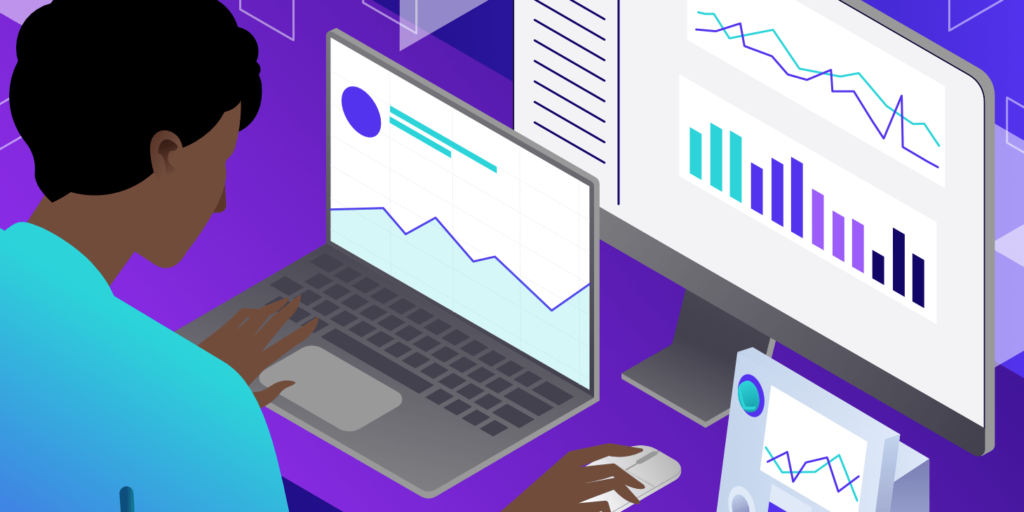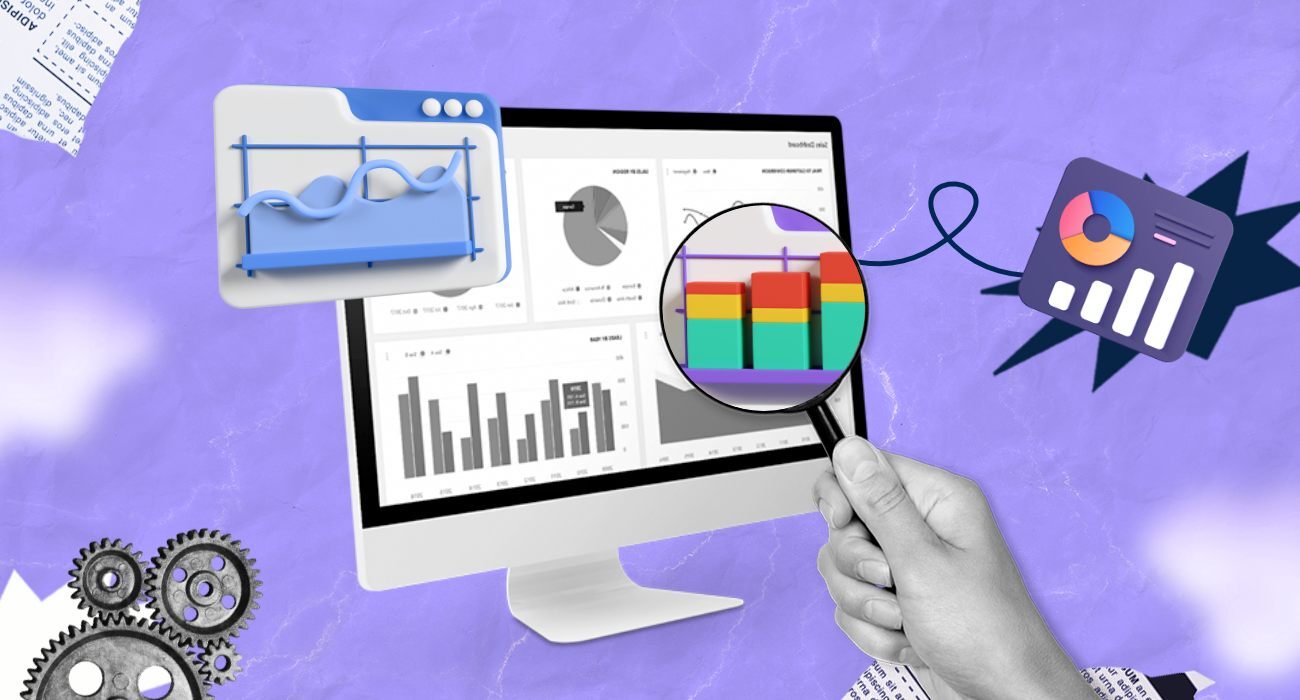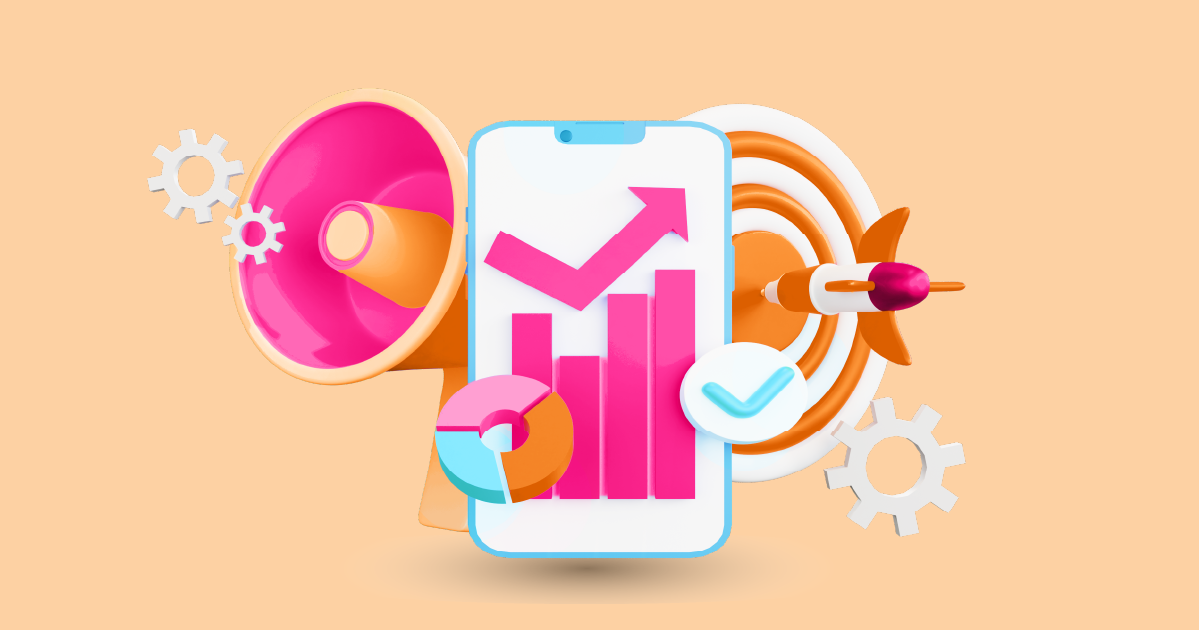In today’s digital age, where every business strives to maintain a strong online presence, the need for effective online monitoring tools has become paramount. From tracking social media mentions to analyzing website traffic, these tools offer invaluable insights that can drive strategic decision-making and enhance overall performance. In this article, we delve into the world of online monitoring tools, exploring their significance, types, key features, best practices, challenges, and future trends.
Introduction to Online Monitoring Tools

Online monitoring tools encompass a wide range of software and applications designed to track and analyze various aspects of a brand’s online presence. From social media platforms to websites and search engines, these tools collect data in real time, providing users with actionable insights to optimize their digital strategies.
Importance of Online Monitoring
1. Enhancing Brand Reputation
One of the primary reasons businesses invest in online monitoring tools is to safeguard their brand reputation. By actively monitoring online mentions and customer feedback, companies can quickly address any issues or negative sentiment, thus mitigating potential damage to their reputation.
2. Improving Customer Service
Online monitoring tools also play a crucial role in improving customer service. By monitoring social media channels and online forums, businesses can promptly respond to customer queries, complaints, and feedback, fostering better relationships and enhancing customer satisfaction.
3. Tracking Competitors
Furthermore, online monitoring tools allow businesses to keep a close eye on their competitors. By analyzing competitor activities, content strategies, and customer interactions, companies can identify opportunities for differentiation and stay ahead of the competition.
Types of Online Monitoring Tools
1. Social Media Monitoring Tools
Social media monitoring tools enable businesses to track mentions, comments, and conversations about their brand across various social media platforms. These tools provide valuable insights into brand sentiment, audience demographics, and competitor activities.
2. Website Analytics Tools
Website analytics tools, such as Google Analytics, offer comprehensive data on website traffic, user behavior, and conversion rates. By analyzing this data, businesses can optimize their websites for better performance and user experience.
3. Brand Monitoring Tools
Brand monitoring tools focus on tracking mentions of a brand or product across the internet. These tools help businesses identify potential brand ambassadors, influencers, and advocates, as well as monitor the effectiveness of their marketing campaigns.
4. SEO Monitoring Tools
SEO monitoring tools are essential for monitoring website performance in search engine results pages (SERPs). These tools analyze keywords, backlinks, and website rankings to help businesses improve their search engine optimization strategies.
Key Features to Look for in Online Monitoring Platforms
1. Real-Time Monitoring
Effective online monitoring tools should provide real-time updates and alerts, allowing businesses to respond promptly to any emerging issues or opportunities.
2. Customizable Alerts
Customizable alert systems enable users to set specific criteria and thresholds for notifications, ensuring that they only receive relevant and actionable insights.
3. Sentiment Analysis
Sentiment analysis features analyze the tone and context of online conversations, helping businesses understand customer sentiment and perception towards their brand.
4. Historical Data Tracking
The ability to track and analyze historical data is crucial for identifying trends, patterns, and long-term performance metrics, enabling businesses to make informed decisions based on past data.
Best Practices for Using Online Monitoring Tools
1. Set Clear Objectives
Before deploying online monitoring platforms, it’s essential to establish clear objectives and goals, ensuring that the tools align with the organization’s overall strategy and objectives.
2. Choose the Right Tools
With a plethora of online monitoring platforms available in the market, it’s crucial to choose the ones that best suit your specific needs and requirements.
3. Monitor Consistently
Consistent monitoring is key to deriving meaningful insights from online monitoring platforms. Regularly review and analyze data to stay informed about your brand’s online performance.
4. Analyze and Act on Insights
Merely collecting data is not enough; businesses must analyze the insights provided by online monitoring tools and take appropriate actions to capitalize on opportunities and address challenges.
Challenges
While online monitoring platforms offer numerous benefits, they also come with their fair share of challenges:
1. Data Overload
With vast amounts of data being generated online every second, businesses may struggle to sift through the noise and extract meaningful insights from online monitoring tools.
2. Privacy Concerns
The collection and analysis of online data raise privacy concerns among consumers and regulatory bodies. Businesses must ensure compliance with data protection regulations and respect user privacy when using online monitoring tools.
Future Trends
As technology continues to evolve, the future of online monitoring platforms holds several promising trends:
1. Artificial Intelligence Integration
The integration of artificial intelligence (AI) and machine learning algorithms will enhance the capabilities of online monitoring platforms, enabling more accurate and predictive insights.
2. Cross-Platform Integration
Future online monitoring platforms will offer seamless integration across multiple platforms, allowing businesses to monitor their online presence holistically and gain a comprehensive view of their digital footprint.
3. Predictive Analytics
Predictive analytics capabilities will enable businesses to anticipate trends and consumer behavior, empowering them to proactively adjust their strategies and stay ahead of the competition.
Conclusion
In conclusion, online monitoring tools play a pivotal role in helping businesses navigate the complexities of the digital landscape. From enhancing brand reputation to improving customer service and staying ahead of competitors, these tools offer invaluable insights that drive strategic decision-making and foster business growth. By leveraging the right tools and best practices, businesses can harness the power of online monitoring to gain a competitive edge and thrive in today’s digital age.
Ready to take your online monitoring to the next level? Request a demo from AIM Technologies today and discover how our cutting-edge solutions can transform your digital strategy.
FAQs
1. How do online monitoring platforms benefit businesses?
- Online monitoring platforms benefit businesses by providing real-time insights into brand reputation, customer sentiment, competitor activities, and market trends, enabling them to make informed decisions and optimize their digital strategies.
2. Are online monitoring tools suitable for small businesses?
- Yes, online monitoring tools are beneficial for businesses of all sizes, including small businesses. Many tools offer affordable pricing plans and scalable features that cater to the needs of small businesses.
3. What are the future trends in online monitoring?
- Future trends in online monitoring include the integration of artificial intelligence, cross-platform integration, and predictive analytics, among others.




